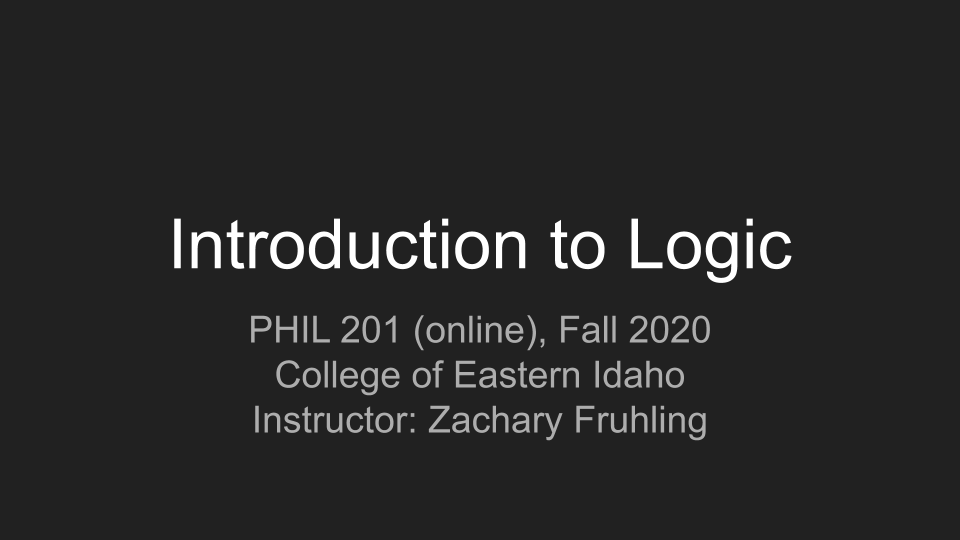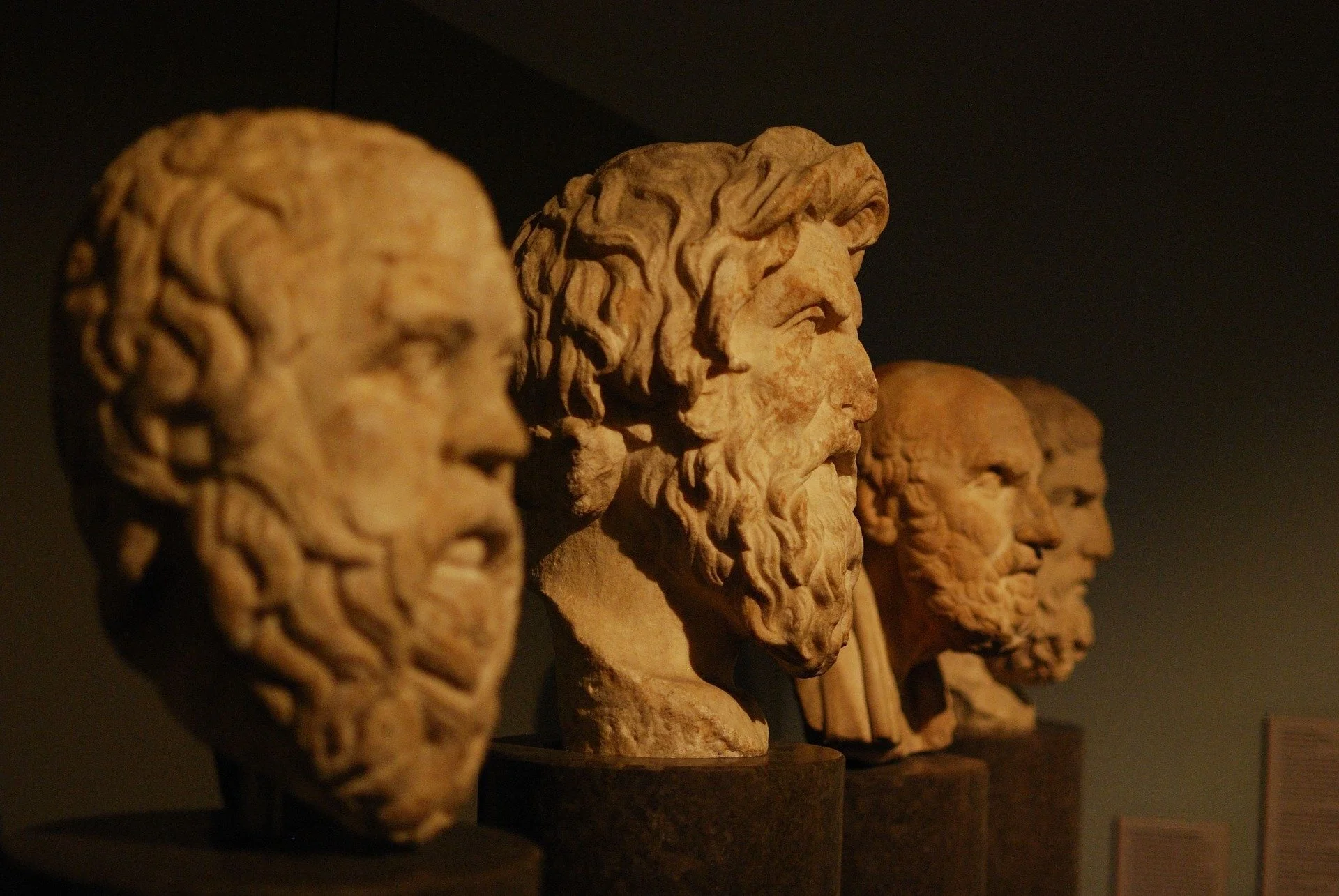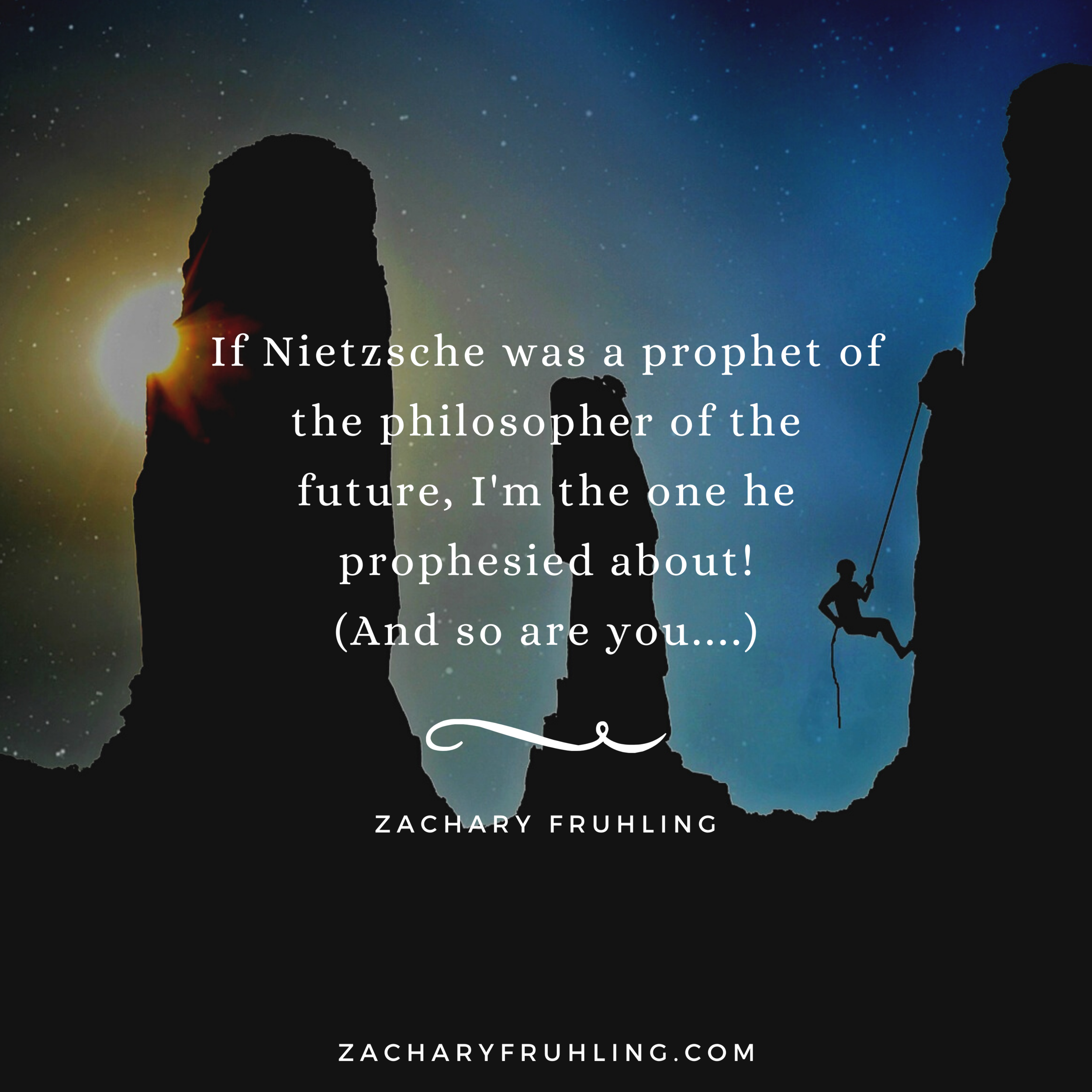Teaching Philosophy Like a Liberace Piano Medley
When I was a kid, my mother had a VHS tape of Liberace’s performance with the London Philharmonic Orchestra (a.k.a. Liberace Live), which was a concert to commemorate Liberace’s 40th anniversary in show business. At the end of the concert Liberace took song requests from the audience. Instead of playing each requested song one at a time, Liberace wove the various songs together into a single composition, which he would “create and compose” as he went, calling the end result the “London Concerto.” As Liberace sat down to begin this impromptu piano medley/composition, he said, with a sly grin, “I’m kind of anxious to hear it.”
It occurred to me that Liberace’s performance style is a decent metaphor for what it’s like to teach a philosophy class. Like Liberace’s medley, the end result of which is unknown until it’s tickled into existence by Liberace’s own imagination and fingers, each philosophy class is unique, a beautiful snowflake with a room full of individual personalities and moods, of abilities and challenges, the end result of which is unknown until the end of the semester—in truth, not even then, as often the fruits of one’s educational experiences aren’t realized until much later in life. Which philosophers are covered, which philosophical nuances emphasized or deemphasized, which students choose to speak or remain silent, which path I take to reach the many ends I want students to reach by the end of the semester all give color, shape, and texture to each individual philosophy class, each one an original composition of its own, the outcome of which I can no more predict than a weatherman can predict the weather more than a day or two out.
Lest I run the risk of mischaracterizing the nature of Liberace’s performance style, it’s worth noting that Liberace essentially gave the same concert routine, both on television and live in front of an audience for 40 years. He played the same pieces, told the same jokes, sang the same closing song (his theme song “I’ll Be Seeing You”), and drove the same rhinestone-covered Rolls Royce on stage for 40 years. Genuine novelty from concert to concert is seen, naturally, in Liberace’s increasingly lavish and sequined costumes, which he would change in and out of frequently in the course of a concert, much to the delight of his audience members and fans. Otherwise, however, Liberace had a fairly predictable repertoire, which, like true performers everywhere, Liberace made seem as if he was presenting to to the audience for the first time with a sparkle of novelty and innovation, and with a twinkle in his eye, even in the most rehearsed and familiar aspects of his overall performance.
I’ve sometimes been criticized by fellow philosophers for sticking to the same philosophers and readings in my introductory philosophy classes from semester to semester, as if somehow the novelty makes one’s teaching better or the philosophical experience more memorable. Yet, Liberace teaches us the opposite. To create a compelling experience, one must practice, practice, practice and rehears the same pieces over and over and over again until they become seamless and effortlessness, all while creating the appearance of novelty for the listener.
The satisfaction of watching Liberace wasn’t in the novelty of the show, or even in the supposed novelty of the impromptu medley that he quasi-composed on the fly. After all, true Liberace fans knew very well what the medley would end up sounding like, even if some of the song requests were (or at least appeared to be) genuinely unexpected. Instead, the satisfaction of watching Liberace is in his charm, in his smoothness and bravado both on the microphone and at the piano bench, and in his unique ability to make the seemingly musically impossible seem effortless, at least to the audience who were too busy being dazzled by the sparkle of Liberace’s rings to care about genuine novelty (which, of course, doesn’t do justice to Liberace’s actual training as a classical pianist).
Like Liberace, I stick to my own repertoire of philosophical favorites. Just as Liberace sacrificed some diversity and novelty in cherry-picking the great piano compositions and well-received songs that made up his own repertoire, focusing on the philosophical compositions I find most compelling from the history of philosophy has allowed me to weave them together into my own composition, if you will, every bit as compelling and dramatic as Liberace’s supposedly impromptu piano medley, with peaks and valleys and dramatic movements that are musical and epic in tone, in a way that would have made even Nietzsche pause to admire, for all his pessimism about the way philosophy is approached by many, a sentiment which I share with him still today.
Just as there were other countless piano pieces that Liberace undoubtedly loved, and would have loved, to include in his concerts, those unplayed pieces were sacrificed for the sake of the overall musical narrative, performance quality, and audience experience that Liberace set out to achieve. Similarly, there is much more philosophical material that I would like to include in my introductory philosophy course, but I leave it out intentionally for the sake of the overall philosophical narrative I’m attempting to weave, with performance and drama and narrative as much at its heart and in my mind as the philosophy itself.
Perhaps this is a very postmodern way to think about teaching, philosophy or otherwise, and about performance in general. Should Liberace be taken seriously as a serious musician, or is he merely a postmodern simularcrum of something more authentic? Was the student experience at Plato’s Academy in Athens the authentic form of philosophical education, with college classrooms and teachers everywhere since being lesser but slyly masquerading as the original, substituting mere novelty for genuine philosophical vitality? If so, then I’m a pale simulacrum of a philosophy teacher, at least twice over, a pale simulacrum of my own philosophy teachers and mentors, doing my best to emulate what was special and genuine about them, while all of contemporary philosophy is itself a pale shadow of that most authentic philosophical education from Plato and Socrates. The rest of us are just philosophical showmen riding their more authentic coattails with our more sequined ones.
If Liberace was never destined to be a composer in his own right, despite his aptitude for composing impromptu piano medleys, at least he could bring those composers, whose greatness he was unable to achieve in his own life, to life for his audience with some well-rehearsed glitz and glamour, and with his own sense of humor, style, and charm. As for me, I may be closer to Liberace than to Plato in my philosophical novelty, just as Liberace never rose to the level of a Beethoven or a Rachmaninov, despite selling rather better, at least in the 20th century. Perhaps I’m not destined to be remembered alongside Plato and Aristotle, Descartes and Kant, Nietzsche and Wittgenstein, or Heidegger and Foucault, but I’d like to think I give those other philosophers—the ones I’ve cherry-picked and woven together in my own philosophical head-canon and classroom—some intellectual sex appeal, and make them sparkle and shine in the same way that Liberace did for Beethoven and Rachmaninov, even if that sparkle is sequined (with the exception of his real diamond buttons!) and rehearsed to the point of ease and charm instead of genuinely novel.







